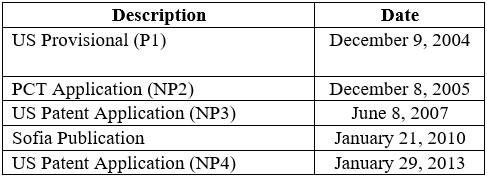The US Court of Appeals for the Eleventh Circuit reversed and remanded a district court’s ruling, holding that waiver of sovereign immunity for claims related to a federal contracting program means the defendant, a sovereign Indian tribe, can be sued and that the district court failed to consider the valid and enforceable nature of the forum. AQuate II, LLC v. Jessica Tedrick Myers and Kituwah Global Gov’t Group, LLC, Case No. 22-12669 (11th Cir. May 1, 2024) (Grant, Abudu, Hull, JJ.)
AQuate II is a business organized under the authority of the Alabama-Quassarte Tribal Town. Kituwah Services is organized under the authority of the Eastern Band of Cherokee Indians. Both tribal entities compete for and perform federal contracts under the Small Business Administration’s 8(a) Business Development program, which was created to help qualifying small businesses that are owned/controlled by “socially and economically disadvantaged” individuals/groups compete for federal procurement contracts. Jessica Myers, a former AQuate II employee, took a job as the director of administration for Kituwah and allegedly violated her confidentiality commitments by taking copies of contracts, proposals, personnel lists and other secret information. Myers also allegedly contacted her former colleagues at AQuate II to solicit information regarding bids for a federal contract and provided job offers to AQuate II employees contingent upon Kituwah winning the federal contract. AQuate II sued in federal district court, alleging that Myers breached her employment agreements and that she and Kituwah violated both the Defend Trade Secrets Act of 2016 and the Alabama Trade Secrets Act. (18 U.S.C. § 1836; Ala. Code § 8-27-1 et seq.) AQuate II requested a preliminary injunction, and Kituwah and Myers moved to dismiss.
Enrollment in the 8(a) program requires qualifying businesses to agree to “sue and be sued” in US federal courts for “all matters relating to” the Small Business Administration, including its 8(a) program and related participation, loans and contract performance. (13 C.F.R. § 124.109(c)(1).) Kituwah invoked sovereign immunity and claimed it was not subject to suit in federal district court. AQuate II argued that Kituwah had waived its sovereign immunity with respect to claims relating to Kituwah’s participation in the 8(a) program. The district court granted the motion to dismiss, holding that Kituwah had not waived sovereign immunity for the trade secrets claims because AQuate II’s lawsuit did not “relate to” participation in the 8(a) program. The district court dismissed the same claims against Myers, finding that Kituwah was a necessary and indispensable party under Rule 19. Lastly, the district court dismissed the remaining breach of contract claim against Myers under forum non conveniens, concluding that the dispute resolution policy required that the claim be resolved in the Alabama-Quassarte Tribal Town court. The district court denied AQuate II’s motion for reconsideration, and AQuate II appealed.
The Eleventh Circuit reversed and remanded, noting that under 1998 Supreme Court precedent, Kiowa Tribe of Oklahoma v. Mfg. Techs., “an Indian tribe is subject to suit only where Congress has authorized the suit, or the tribe has waived its immunity.” [...]
Continue Reading
read more

 Subscribe
Subscribe



